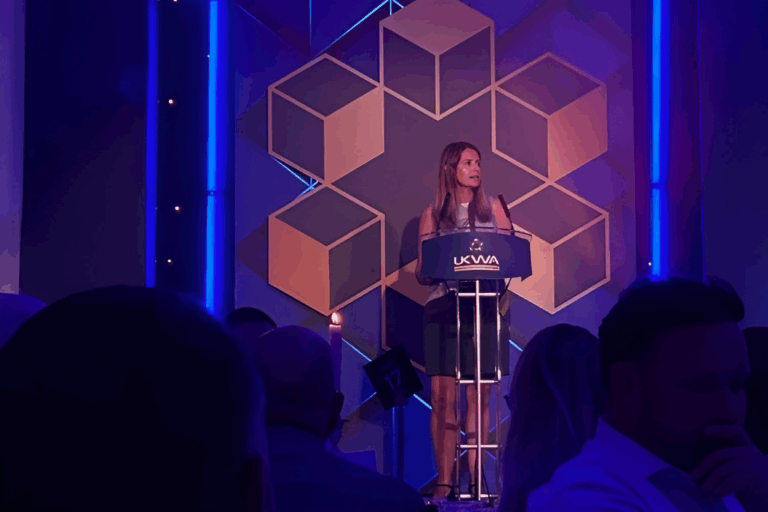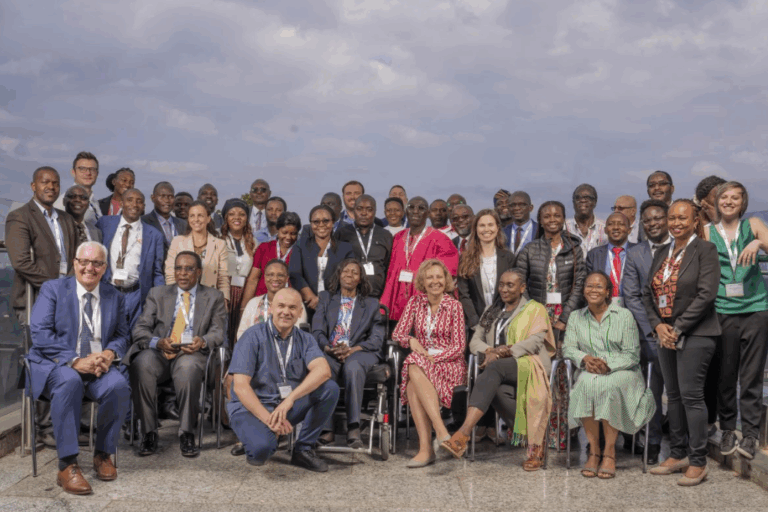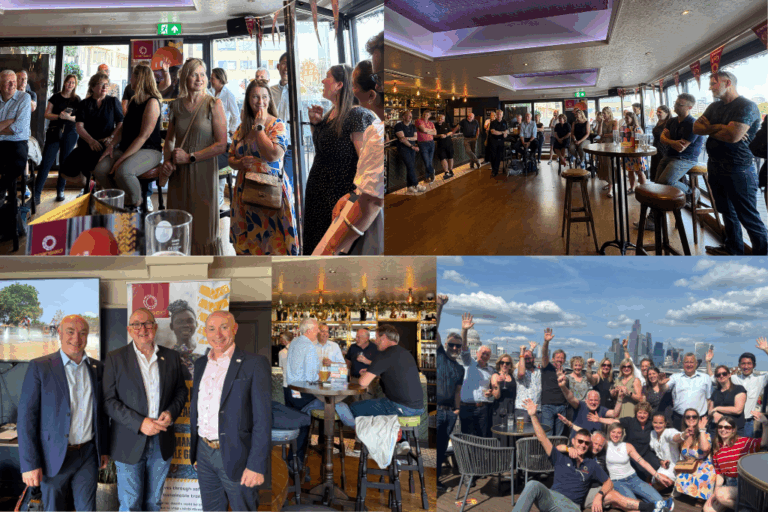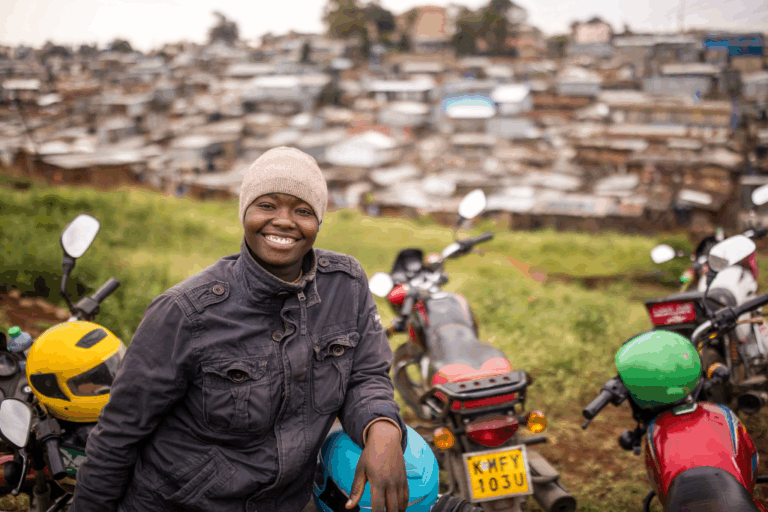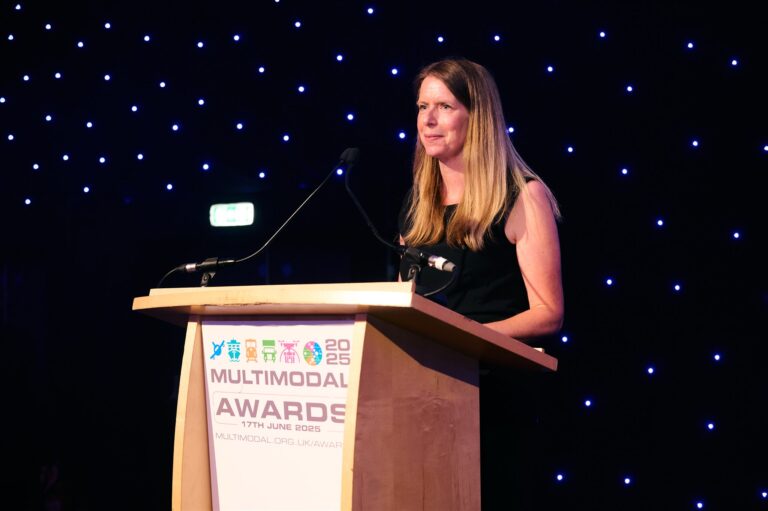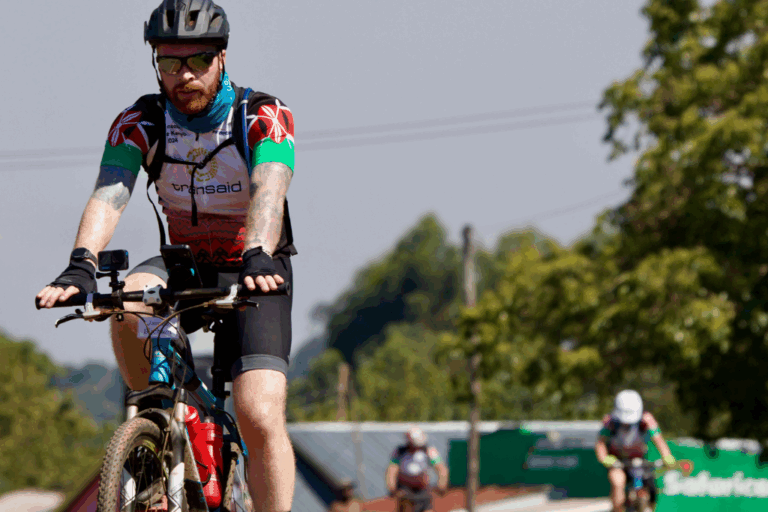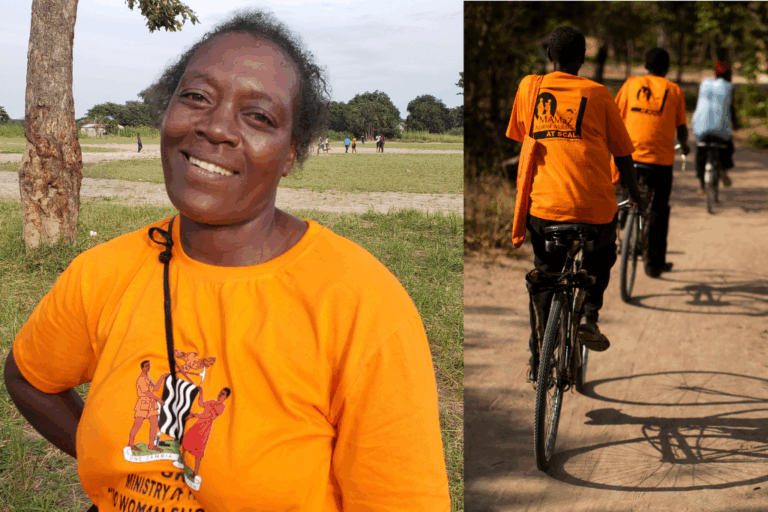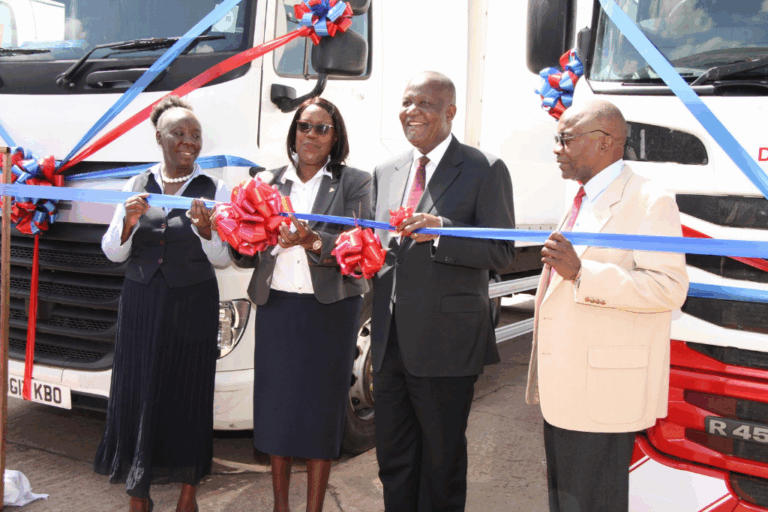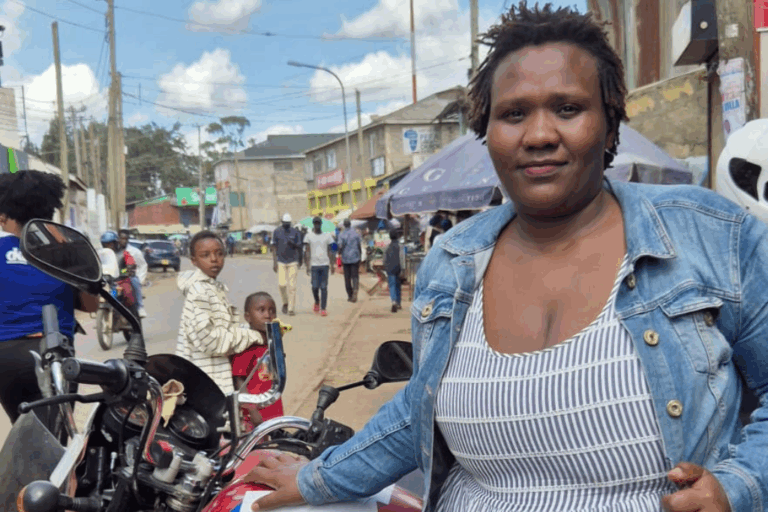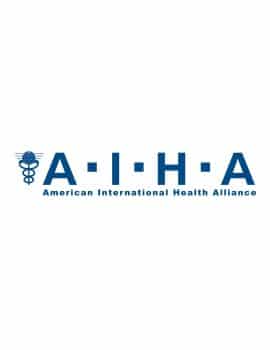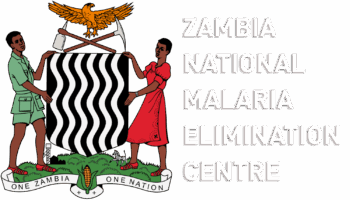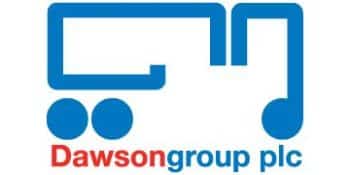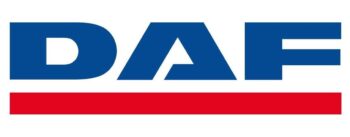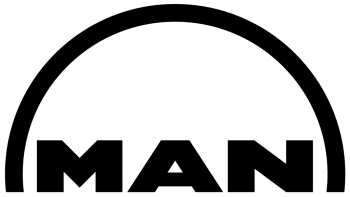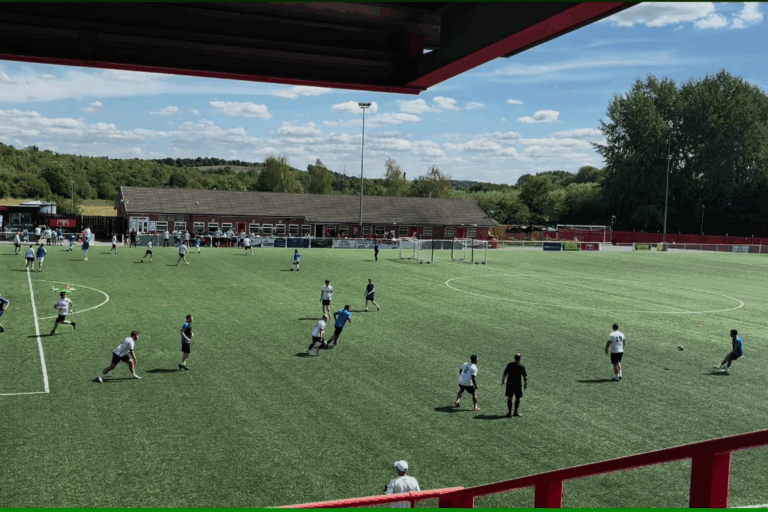
News
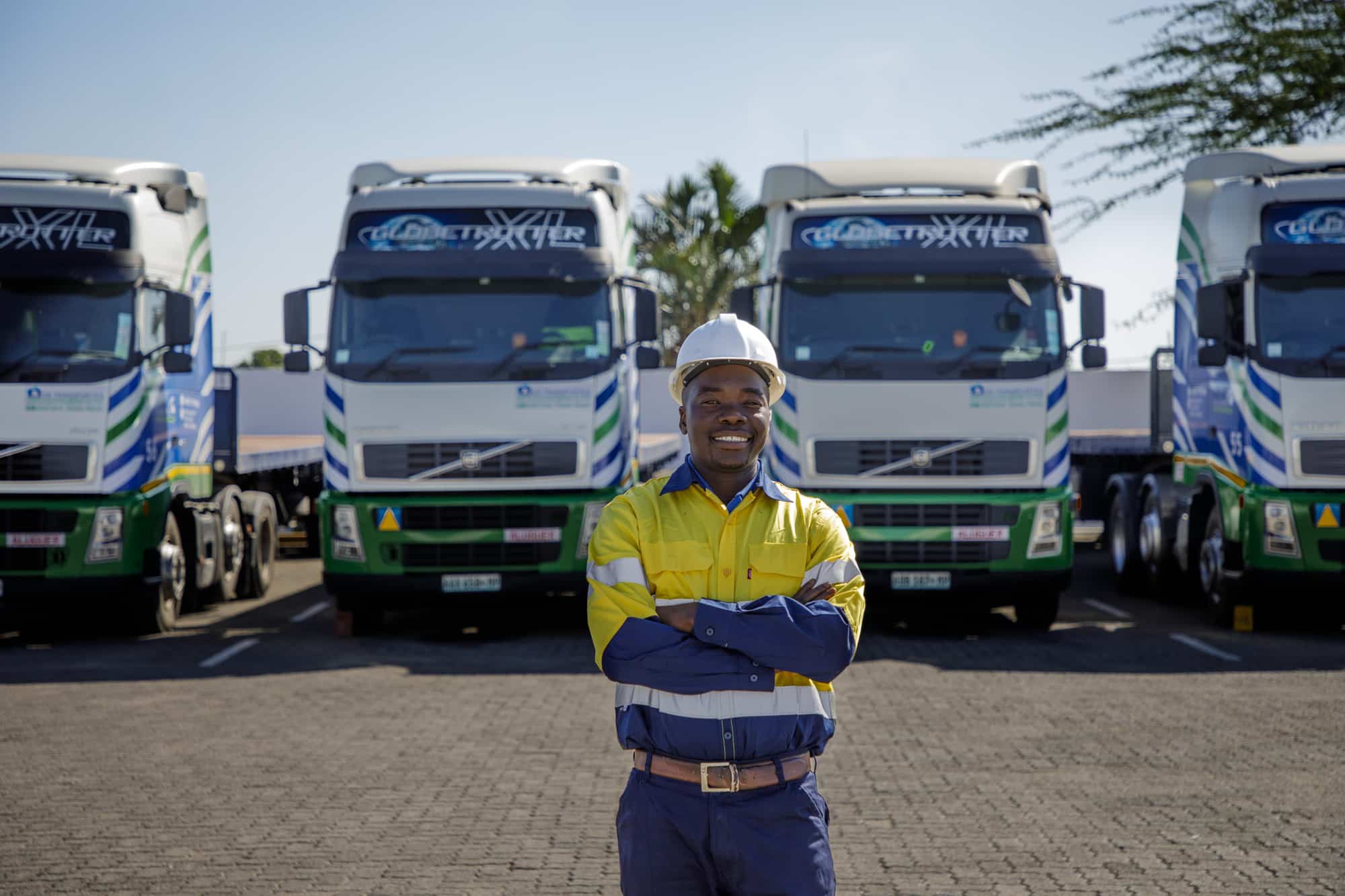
Knowledge Sharing at Transaid

Transaid recently launched its Knowledge Centre, which Hollie Brader oversees. Find out what Hollie gets up to and how knowledge sharing plays a vital role in international development.
What’s your role at Transaid?
I am Programmes Assistant and Knowledge Management Officer (the longest job title we have!) I split my time between providing support on our projects and coordinating our Knowledge Management, which includes developing and maintaining our online Knowledge Centre.
What does a typical day look like?
It’s hard to say because every day is different. I often check to see what tools and case studies we have in the pipeline and get them ready to be put online. This often involves getting in touch with members of the programmes team for support and/or approval to share our resources. I also have emails to respond to, which are sometimes technical enquiries into the material that we share online. Sometimes I’m able to respond myself but most of the time I put them in touch with the leading relevant technical person to share advice and expertise. I’m always looking for new ways to spread the word about our Knowledge Centre and this can involve getting in touch with other organisations directly, organising meetings and presentations or through our communications processes, e.g. through our programmes e-newsletter. I spend a lot of time formatting the material and putting it into a standardised template, discussing knowledge sharing practices with other organisations and collecting data so we can monitor and evaluate our knowledge sharing strategy.
Why is knowledge sharing and management so important in international development?
Good knowledge sharing practices are vital for international development because they allow best practice to be shared and programmes to be improved. If the knowledge that one organisation/individual has from their experience on working with a specific issue can be shared with another organisation/individual working on a similar issue then the two programmes can support and inspire on another, and development processes and practices can be bettered.
How is – and will – Transaid feed into this?
Transaid has been working towards improving access to health services and economic opportunity through better transport for communities living in developing countries for the last 17 years. Over this time we have gained a wealth of experience and knowledge in a very niche and technical area of development. We believe that this knowledge should be shared so that others can learn and benefit from it and development programmes can be improved. In 2012 we made the brave decision to free all of our intellectual property and make knowledge sharing one of our core values! As well as being open to share our knowledge in person and over the phone, we also have the Knowledge Centre which works as an online knowledge sharing platform where we can share all of our technical material and resources.
Why has the Knowledge Centre been such a vital project for Transaid?
Knowledge sharing is a key part of Transaid’s organisational strategy and, in turn, the Knowledge Centre is a really useful way of allowing us to share our knowledge. With a growing amount of people across the globe having access to the internet, it is a really great tool to allow organisations to share what they know and have the ability to reach a wide audience.
How did you develop the Knowledge Centre?
The first stage of developing the Knowledge Centre was ensuring that we had a wealth of user-friendly material that we were able to put online. We began by developing standardised templates and formats for our resources to be put into. Technical case studies came first; these are two page technical outlines of programmes and activities that we have worked on. Once we had a good amount of case studies we started to realise how useful these are and how much people appreciated them. With this encouragement, we started putting our tools into the standardised format. Tools are the practical instruments that we use on our programmes; these include training manuals, assessment tools, logbooks, curricula etc. Once we had around 20-30 resources, we shared them online and were pleased with the response that we received from our audiences. In 2015, we launched the new website and this allowed us to make the Knowledge Centre more dynamic, interactive and appealing to the user. At this point we had approximately 60 case studies, 70 tools and 30 other reports, research papers and resources to share online so we decided that it would be useful to have a search function on the Knowledge Centre which allows the user to easily find the material that they are looking for. We have come a long way with the Knowledge Centre but I would still call it a work in progress and there are definitely areas that we are looking to develop further – so watch this space!
What’s your favourite item on the Knowledge Centre and why?
I think if I had to choose it would be the case study ‘Developing a Training Curriculum for Motorcycle Taxi Riders in Tanzania’ and the full training curriculum that goes alongside it, which can be accessed in the tools section. The development of this training curriculum was funded by the Africa Community Access Partnership, which is a programme that is funded by UKAid and managed by IT Cardno. The use of motorcycle taxis is a growing issue in Africa – while they provide vital access to services for a lot of hard-to-reach communities, they also come with a lot of road safety issues, not least the lack of training and regulation. So the development of a standardised training curriculum is really important for improving the safety of motorcycle taxi riders and saving lives, which is why I think it’s such a crucial thing to be able to share; if the lessons that we learned from developing this curriculum can be shared with other organisations looking to develop motorcycle taxi training curricula in other countries, then this could be really important and a great example of the benefits of knowledge sharing. Another thing that I like about these two resources – which is a little bit nerdy – is the fact that they link together on the Knowledge Centre! When you access this case study, the curriculum will appear on the right hand side of the screen under ‘other articles that may be of interest’.
Can you give some examples of how different types of people and organisations may use it?
As an example – A driver training school in Kenya has noticed the rise of motorcycle taxis in the country and wants to start offering training lessons to the motorcycle taxi riders. Instead of starting from scratch to develop a curriculum, they can do a simple Google search and the curriculum that we developed for Tanzania will come up. They can then refer to this and adapt it to suit their own needs and context. They are also welcome to get in touch with us for any further advice or technical assistance. Thus, this sharing of knowledge will contribute towards improving road safety in Kenya.
What has been the best thing about developing it
The best thing about developing the curriculum was that it was a highly participatory approach. The project team in Tanzania gathered the opinions and feedback from the regulatory authorities, the training schools, the motorcycle taxi riders themselves and a varied demographic of passengers, which included examining the specific needs of women and older people. This has made the curriculum more likely to be accepted and successfully rolled out, as people believe their views have been heard. The best thing about developing the case study was that I was involved in the project as part of my programmes assistant role so knew how the curriculum was being developed and the context. This made writing the case study much easier and I think this added value to it.
And the challenges?
I wouldn’t know the challenges of developing this specific piece of material – you would have to ask the Project Manager! So I think it might be more useful if I spoke about the general challenges that I face as Transaid’s Knowledge Management Officer. One challenge is getting permission to share resources – as a small organisation, we often work with partners or as part of a consortium. This means that the intellectual property of the resources we develop does not always necessarily belong to us so we have to go through the process of gaining permission. Most of the time, other organisations are happy for us to share, however there have been a few occasions where this has not been possible. Another challenge is trying to capture everything – there is so much work being done in the field that it’s sometimes difficult for me to keep track of everything and know exactly which new resources and knowledge that we have developed; it’s important that we put processes in place which allow us to regularly harvest this knowledge and resources. Another challenge is being able to evaluate the impact of our knowledge sharing strategy – sometimes people will use our resources and we are unaware and, as such, we are unable to measure the impact that we are having. Therefore, it’s really appreciated when organisations get in touch with us to ask for further information or to provide us with feedback, as this really helps us to know how we can improve.
What still needs to be improved and how will this happen?
We need to improve the way we link to other organisations – we currently have the ‘Useful Links’ page but I feel that it’s not informative or interactive enough. There are loads of organisations out there with more knowledge that could really synergise with the knowledge that we share online and I think these links need to be made stronger. We never set out to be the ‘keeper’ of all transport and development knowledge and we certainly do not think that we are the only experts so it’s really important that we encourage other organisations to share their resources and knowledge.
What is the future for the Knowledge Centre?
In order to keep the Knowledge Centre alive, it’s important that it is kept up-to-date and relevant. This means regularly adding new material and making sure that people know about it. We will also be introducing a ‘How To Guide’ section on the Knowledge Centre which will attempt to ‘bridge the gap’ between case studies and tools – they will guide the user through step by step instructions on how to implement certain programmes and which tools to use, then the case study will provide an example of how this has been done by us. As mentioned in the last question, we are hoping to make our Knowledge Centre more interactive – we hope to act as a catalyst that encourages the open sharing of knowledge throughout the sector and as more and more organisations start to share their material, we want to be able to link with them so that no knowledge is left inaccessible. The overall goal for the Knowledge Centre is that no development programme has an inadequate transport component simply because the people implementing do not have access to the knowledge that they need; we strongly believe that this knowledge should be free, open and accessible to all.
Can you pick some testimonials from people using it?
- London School of Hygiene and Tropical Medicine (Twitter) – “Fantastic new transport and development knowledge centre by Transaid sharing tools, case studies, manuals and more!”
- JSI – “This is awesome, thank you for sharing! Very exciting stuff — congratulations to you and the Transaid team!”
- SURE-P – “Thanks for the information. Good idea. I will look at the website and also try to share our experiences with transaid.”
- HelpAge – “Thank you very much for sharing this rich resource. Congratulations it is so comprehensive and very useful for people who work in transport and development sector. I will share widely within my network.”
- South Africa Ambulance Service – “Thank you for your email. Thank you for introducing me to the new Transaid Knowledge Centre and thank you also for sharing with me more about this centre. It is exciting and such an inspiration. I think it is adaptable, practical with requisite tools and also provide insight throughout all its stages of presentation.”
- FHI360 – “Your email and announcement came at a perfect time as I prepare a trip to Tanzania where I’ll be working on a maternal health referral project. This is a fabulous resource.”
- SACE Nigeria – “Thanks – I am sharing with team members and asking that they review the resource and establish possible usage and linkages.”
Recent Posts

